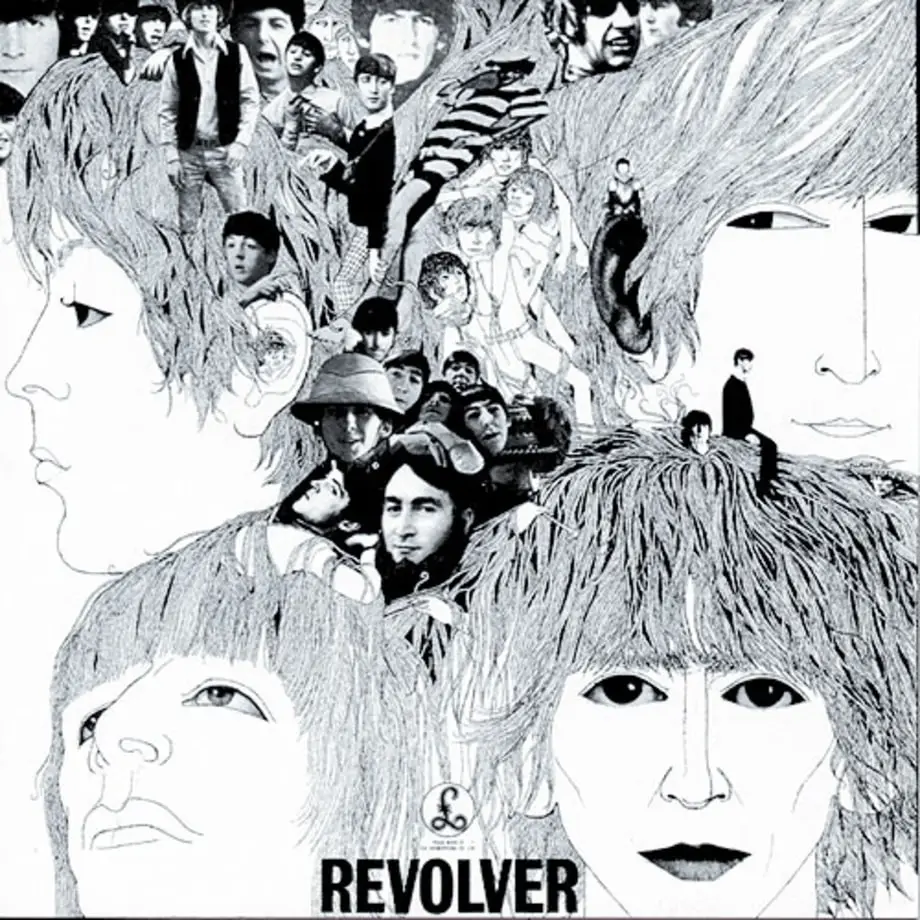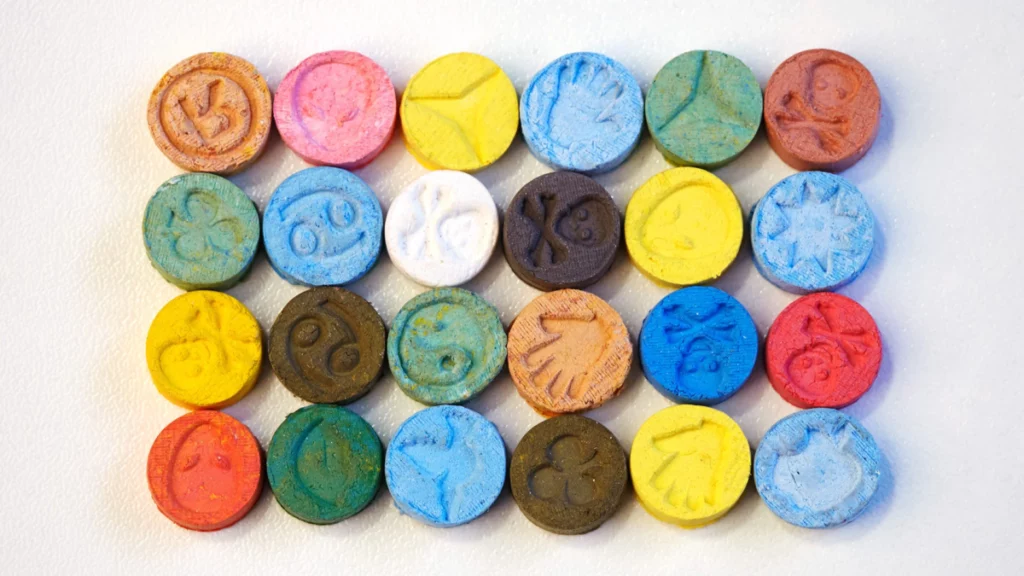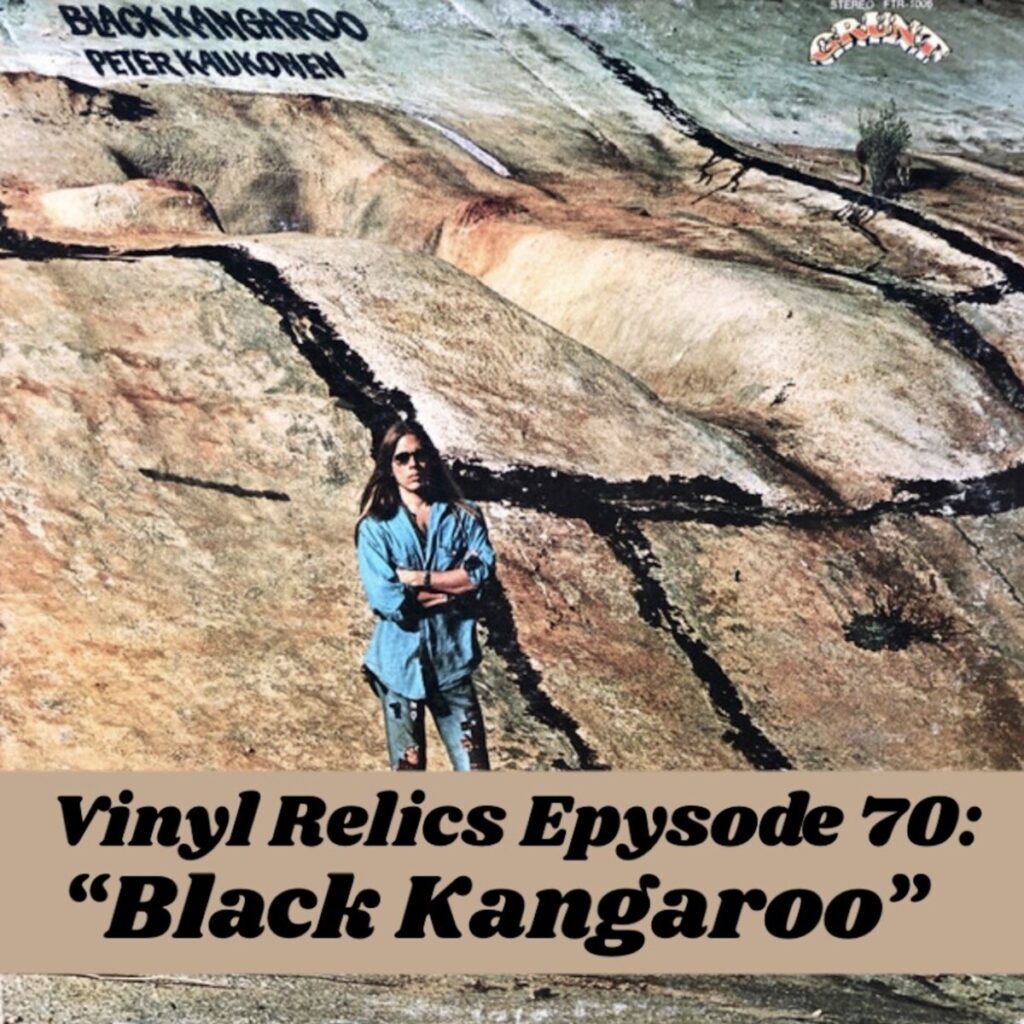The Psych Ward–Revolver by The Beatles
The Psych Ward–Revolver by The Beatles
The Beatles studio canon can be broken into several logical parts, but that debate over determining the points of division could involve warfare and injury. An easier conversation is BR and AR – Before Revolver and After Revolver. To say Revolver was a turning point in the Beatles’ career is an understatement. The same might also be said for the gift of a Rickenbacker 12-string from the manufacturer. Arriving during their Ed Sullivan visit in February 1964, that single instrument–along with the sitar–had a no less profound impact on Revolver.
Revolver, like its predecessor Rubber Soul, was constructed with a bit of a template: one or two George songs, one sung by Ringo and the rest being the usual head to head competition between John and Paul. The turning point for
Did The Beatles, and more specifically George Harrison, invent psychedelic music?
Revolver is that George managed to get three compositions on the record. Thus it bears asking the question: Did The Beatles, and more specifically George Harrison, invent psychedelic music?
Two of the three George compositions, “Taxman” and “I Want To Tell You”, follow the Lennon/McCartney progression away from Motown and pop songs and closer to the rich and complex compositions that defined the end of their career. “Love You To”, with its traditional Indian classical instruments – sitar, tabla, tambura and others combined with guitars and bass was a radical change in Western music. While George first played the sitar on Rubber Soul, legend has it he was introduced to it while filming Help in 1965. His rudimentary playing on “Norwegian Wood” can be forgiven in the context of where “Love You To” evolved a year later (lessons from the master Ravi Shankar undoubtedly helped).
Cover art by Klaus Voorman
“Love You To” and “Tomorrow Never Knows” – one of John’s songs and the first to be tackled in the Revolver sessions – show the Beatles enthusiastically embracing Indian music. Back to the earlier point about psychedelic music, these two songs could easily be considered the sui generis of psychedelic music. Combining previously unheard (to Western ears) instruments and droning sounds and vocal effects and structures, these recordings and techniques would lay the foundation for avant garde and trippy psychedelic music for years to come.
Focusing only on the nascent psychedelic elements is selling Revolver short. As a complete album it is a glorious collection of what the world now knows and loves: memorable songs with increasingly complex vocal arrangements, joyous horn sections, and groundbreaking recording techniques. Found sounds, parties in the studio and incorporated music of other cultures may be commonplace nowadays but in the spring of 1966 it was far out, man.
Related: The 100 Best Psychedelic Rock Albums of the Golden Age
The Top 2oo Psychedelic Songs of the Original Psychedelic Era
The 15 Most Psychedelic Songs by The Beatles
Gallery
Recent Articles
Unicorn by Rio Kosta–Album Review
•
February 24, 2026
Vinyl Relics: Black Kangaroo by Peter Kaukonen
•
February 21, 2026

Loading...




1 thought on “The Psych Ward–Revolver by The Beatles”
Thanks!